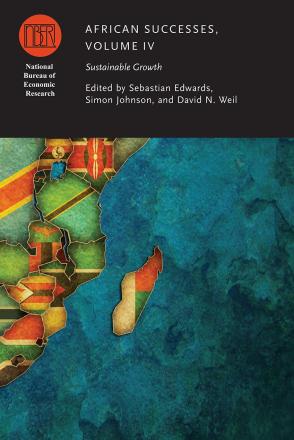Front matter and Series Introduction to "African Successes: Sustainable Growth"

In the 1950s and early 1960s, there was a great deal of optimism about the prospects for economic development in sub-Saharan Africa. By the early 2000s, the prevailing consensus had become much more negative. Decades of civil war, repeated state failure, corruption, and disappointing private sector performance characterized much of Africa’s post-independence experience. A wave of prominent papers in the economic literature tried to dig more deeply into the causes of these problems, with some scholars putting them in a broader comparative perspective and others focusing on the specifics of the African experience. Explanations for repeated African disappointments included weak rule of law, a lack of democracy, colonial inheritance, the impact of the slave trade, the burden of tropical disease, some form of “resource curse,” and ethno-linguistic divisions among the population. The NBER Africa project, conceived in the mid-2000s, took a different approach. Rather than trying to understand the causes of underperformance in Africa, we decided to focus on finding and understanding more positive aspects of what was happening on that continent south of the Sahara, along several different dimensions studied by economists.
-
Copy CitationSebastian Edwards, Simon Johnson, and David N. Weil, African Successes, Volume IV: Sustainable Growth (University of Chicago Press, 2015), https://www.nber.org/books-and-chapters/african-successes-volume-iv-sustainable-growth/front-matter-and-series-introduction-african-successes-sustainable-growth.Download Citation


